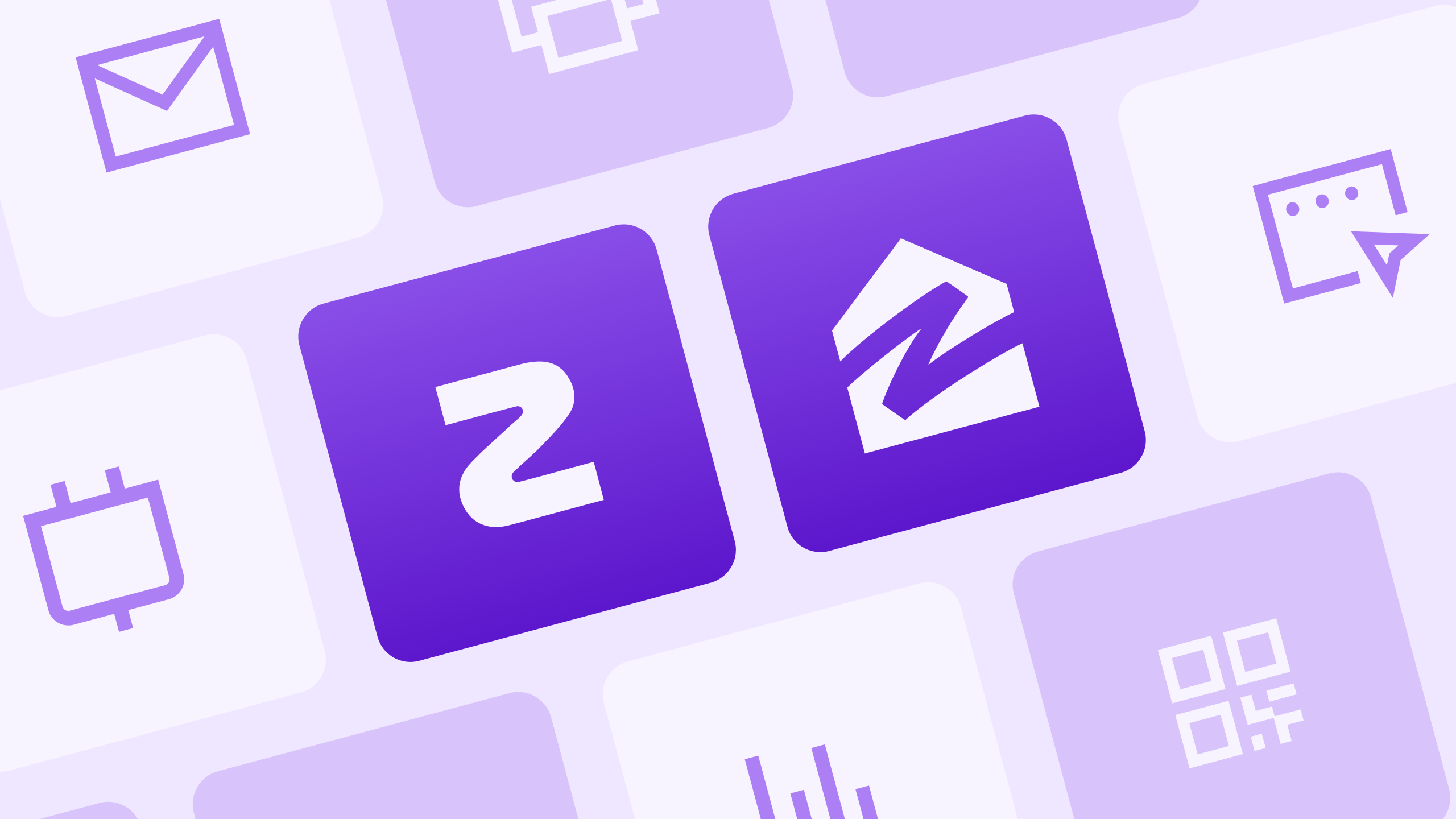Event management is a high-wire act, especially for large-scale or critical events. With countless moving parts, from registration and logistics to attendee engagement and post-event follow-ups, the potential for bottlenecks and errors is immense.
Enter automation: the ultimate game-changer for event planners. Automation transforms event management into a more efficient and effective operation by streamlining complex processes, reducing manual effort, and providing real-time insights.
Introduction: Complexities of Large-Scale Event Planning
Large-scale event planning comes with unique challenges:
- Overwhelming Tasks: Coordinating vendors, managing registrations, and ensuring smooth on-site execution requires a high level of organization.
- Time Constraints: With tight deadlines, there’s little room for error or inefficiency.
- Demand for Personalization: Attendees expect tailored experiences, which can be challenging to deliver at scale without the right tools.
- Post-Event Fatigue: The workload doesn’t end when the event does—post-event follow-ups and reporting are just as critical.
Automation helps tackle these complexities by removing repetitive tasks, optimizing workflows, and freeing time for event planners to focus on strategy and creativity.
Areas Where Automation Shines
1. Automated Workflows for Task Assignment

Managing an event often involves dozens of team members and hundreds of tasks. Automation ensures that everyone knows what to do and when to do it.
- Task Assignment: Platforms like Asana and Monday.com automate tasks based on roles, ensuring nothing falls through the cracks.
- Progress Tracking: Automated reminders and progress updates keep everyone on schedule without the need for constant check-ins.
- Collaboration: Integrated tools ensure all team members can access the latest updates, eliminating miscommunication.
According to a report, event teams using automated workflows reduce planning time by up to 30%. That’s time you can reinvest in crafting an exceptional attendee experience.
2. AI-driven chatbots for Attendee Support
Attendee engagement starts long before the event and continues throughout. AI-driven chatbots provide instant, personalized support to attendees, improving their experience and reducing the burden on event teams.
- 24/7 Availability: Chatbots can handle common queries, such as session schedules, venue details, or ticketing issues, anytime, anywhere.
- Personalized Responses: AI learns from attendee interactions, offering customized session recommendations or networking opportunities.
- Scalability: Whether you’re managing a few hundred or tens of thousands of attendees, chatbots scale effortlessly to meet demand.
A study by Chatbot Magazine found that 80% of routine attendee inquiries can be resolved through AI chatbots, enabling human staff to focus on more complex issues.
3. Post-Event Follow-Up Automation

The event isn’t over when the last guest leaves. Automation ensures that follow-ups happen seamlessly and strategically.
- Feedback Collection: Automatically send surveys to attendees, speakers, and sponsors to gather valuable insights.
- Lead Nurturing: CRM integrations can trigger personalized post-event emails or campaigns, helping convert attendees into customers.
- Performance Reporting: Event software compiles data from registrations, attendance, and engagement metrics into detailed reports, saving hours of manual analysis.
According to HubSpot, businesses that automate follow-ups see a 451% increase in qualified leads. This makes post-event automation a vital tool for driving ROI.
Example: Streamlined Ticketing and Email Reminders
Consider a scenario where automation transforms the ticketing and communication process:
- Ticketing: Once attendees register, they automatically receive a personalized confirmation email with a QR code for entry.
- Reminders: As the event date approaches, automated reminders keep attendees informed about schedules, session highlights, or last-minute changes.
- On-Site Check-In: QR codes enable quick, automated check-ins, reducing wait times and improving the attendee experience.
By automating these processes, event planners save time, reduce errors, and ensure attendees feel valued.
TL;DR Summary
In the fast-paced world of event management, staying ahead means working smarter, not harder. Automation simplifies complex processes, enhances attendee experiences, and frees up planners to focus on what truly matters—creating impactful events.
Whether automating workflows, leveraging AI for attendee support, or streamlining post-event tasks, automation isn’t just a convenience—it’s a competitive edge. As the events industry evolves, those who embrace automation will lead the charge, delivering seamless, scalable, and unforgettable experiences.
Are you ready to unlock the power of automation for your next event?
Subscribe to our blog now!











